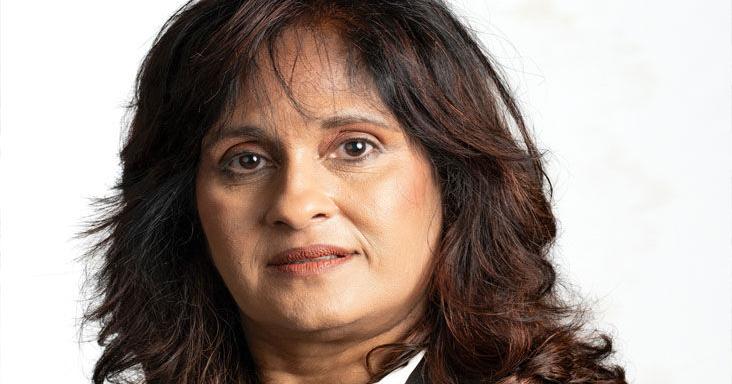The kinds of companies that accessed foreign exchange from the EximBank over the past five years have come as no surprise to one economist.
Dr Indera Sagewan told the Express in a phone interview yesterday that it was obvious pharmaceutical companies would receive a large allocation of foreign exchange. This is because Trinidad and Tobago is not a producer of pharmaceuticals and, therefore, such items have to be imported.
According to the EximBank list, which was published exclusively in the Sunday Express, Smith Robertson and Company Ltd, now Aventa Trinidad and Tobago Ltd, received the highest allocation of US$100,184,273 between 2020 and June 30 of this year.
Second on the list was chicken producer Nutrimix Feeds Ltd, which received an allocation of US$78,503,000; followed by Arawak and Company Ltd, which got US$76,203,000 during that same period.
With such high allocations given to the poultry industry, Sagewan said her understanding with respect to chicken is that it is processed in Trinidad and Tobago.
“Everything that is required in order to produce the chicken is imported from the very hatching eggs through the entire process,” she said. She explained that in the case of Arawak, it had contract farmers who looked after the young birds until it was time for them to be taken back by Arawak, which then processes them to go to market.
“So, from the time the bird is reared to the actually processing is done locally. But everything, feed is imported, the birds are injected with all of these things are imported,” she noted.
She said the people of T&T were large consumers of chicken and, therefore, the allocation to those companies made sense.
Food concerns
Sagewan spoke about her concerns with the “Essential Food” and the “Manufacture Sector” categories.
Under the category of “Essential Food”, she questioned the extent to which the EximBank was rigorous in ensuring that when it allocated forex resources to companies for food, they were strictly used for essential food items and not luxury items.
“To the extent to which that may not have been done would be a reflection of the use of our scarce foreign exchange in areas that we could have done without and allowing foreign exchange to then be allocated more to areas that are more important,” she added.
Under the “Manufacture Sector” heading, Sagewan questioned whether priority in forex allocation was given to companies that were manufacturing for exports.
She advised that the EximBank should focus on ensuring companies granted access to foreign exchange primarily use it for exporting.
If such a stance is taken by the bank, then it will ensure the country builds a cadre of businesses which it will not only be distributing foreign exchange to, but which will also be forex earners for the country.
“I think for this new Government, the task at hand is to really charge the EximBank with the assignment of doing an analysis in terms of how these monies were used and whether they were really used only for purpose, or they were also used for things that didn’t qualify particularly under the heading of essential items,” she added.





